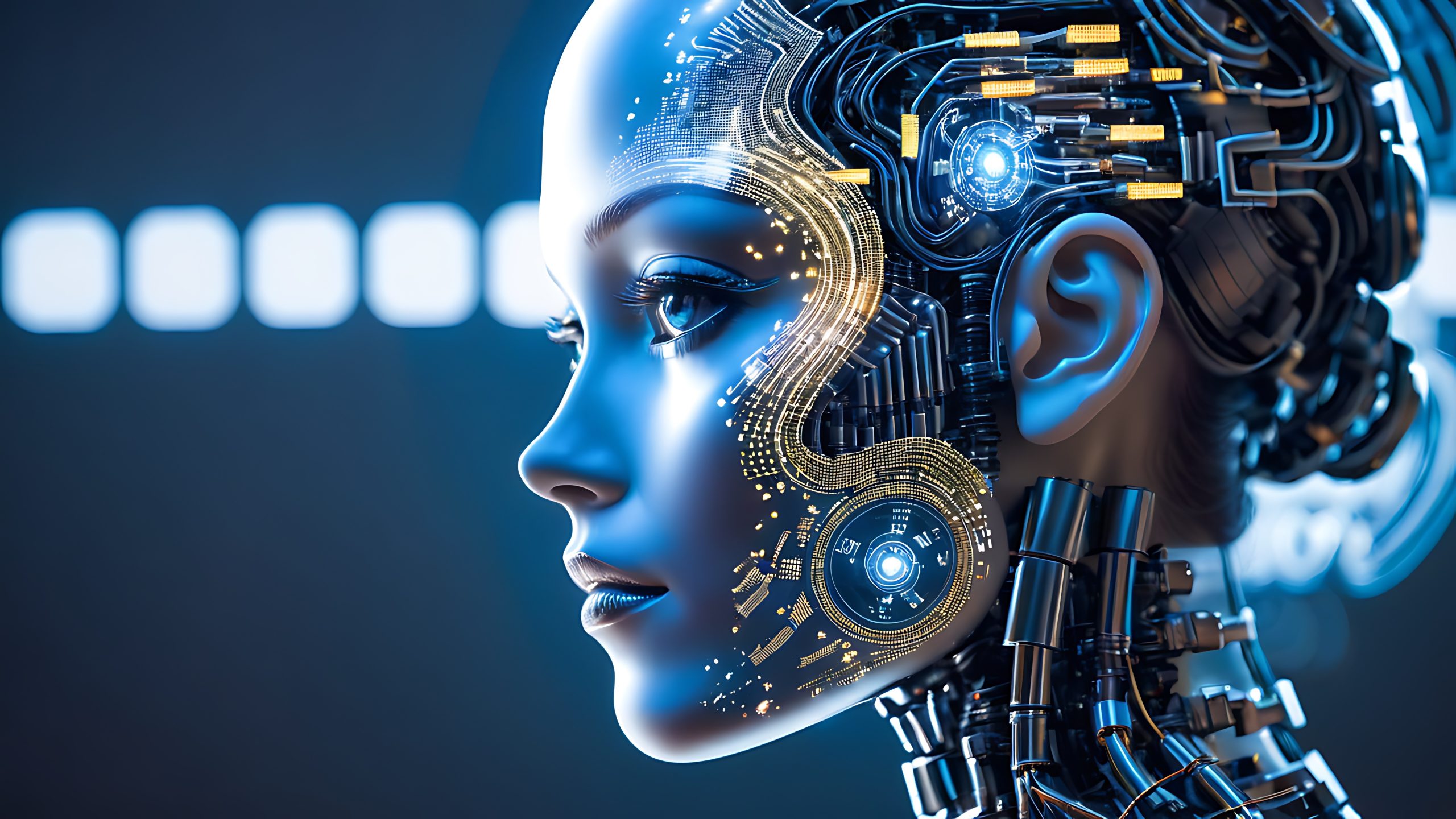Introduction
Artificial Intelligence (AI) has rapidly evolved in recent years, sparking debates and discussions about its potential future trajectory. From revolutionizing industries to raising ethical concerns, AI’s journey forward holds immense significance. In this exploration, we delve into where AI might reach in the future, considering both its promises and challenges.
Advancements in AI Technology
AI technology is poised for exponential growth, driven by innovations in machine learning, natural language processing, and robotics. Future Artificial Intelligence (AI) systems will likely become more sophisticated, capable of understanding complex contexts and performing human-like tasks with greater accuracy and efficiency.
Integration Across Industries
AI’s influence will permeate across various sectors, including healthcare, finance, manufacturing, and transportation. In healthcare, AI-driven diagnostics and personalized treatments could revolutionize patient care, while in finance, predictive analytics may enhance risk management and investment strategies.
Ethical Considerations
As AI becomes more pervasive, ethical considerations become paramount. Issues such as data privacy, algorithmic bias, and job displacement require careful attention. Balancing innovation with ethical guidelines will be crucial to ensure AI benefits society as a whole.
Autonomous Systems
The future of AI includes the proliferation of autonomous systems, ranging from self-driving cars to intelligent drones. These systems will reshape transportation, logistics, and urban planning, offering efficiency gains and reducing human error.
AI and Creativity
Contrary to fears of AI replacing human creativity, the future might see AI as a collaborator, augmenting human creativity rather than supplanting it. AI-generated art, music, and literature could inspire new forms of expression and foster interdisciplinary collaborations.
Quantum Computing and AI
The advent of quantum computing holds immense potential for AI, enabling faster computations and tackling complex problems previously deemed intractable. Quantum AI algorithms could revolutionize drug discovery, climate modeling, and optimization tasks.
AI Governance and Regulation
Effective governance and regulation are essential to steer AI development responsibly. International cooperation, industry standards, and transparent AI algorithms can mitigate risks and foster trust in AI systems.
Societal Impacts
AI’s pervasive influence will reshape societal norms and dynamics. From redefining employment patterns to altering education paradigms, society must adapt to the challenges and opportunities presented by AI-driven automation.
Conclusion
Artificial Intelligence stands at the forefront of technological innovation, poised to redefine the future landscape in profound ways. While the potential benefits are vast, so too are the ethical, societal, and regulatory challenges. Navigating this complex terrain requires collaborative efforts from policymakers, technologists, and society at large to ensure AI’s trajectory aligns with human values and aspirations. Only through responsible development and deployment can AI truly realize its transformative potential while mitigating risks and ensuring a more equitable future for all.
Also read : IRIS Auditor Training Seminar Course





